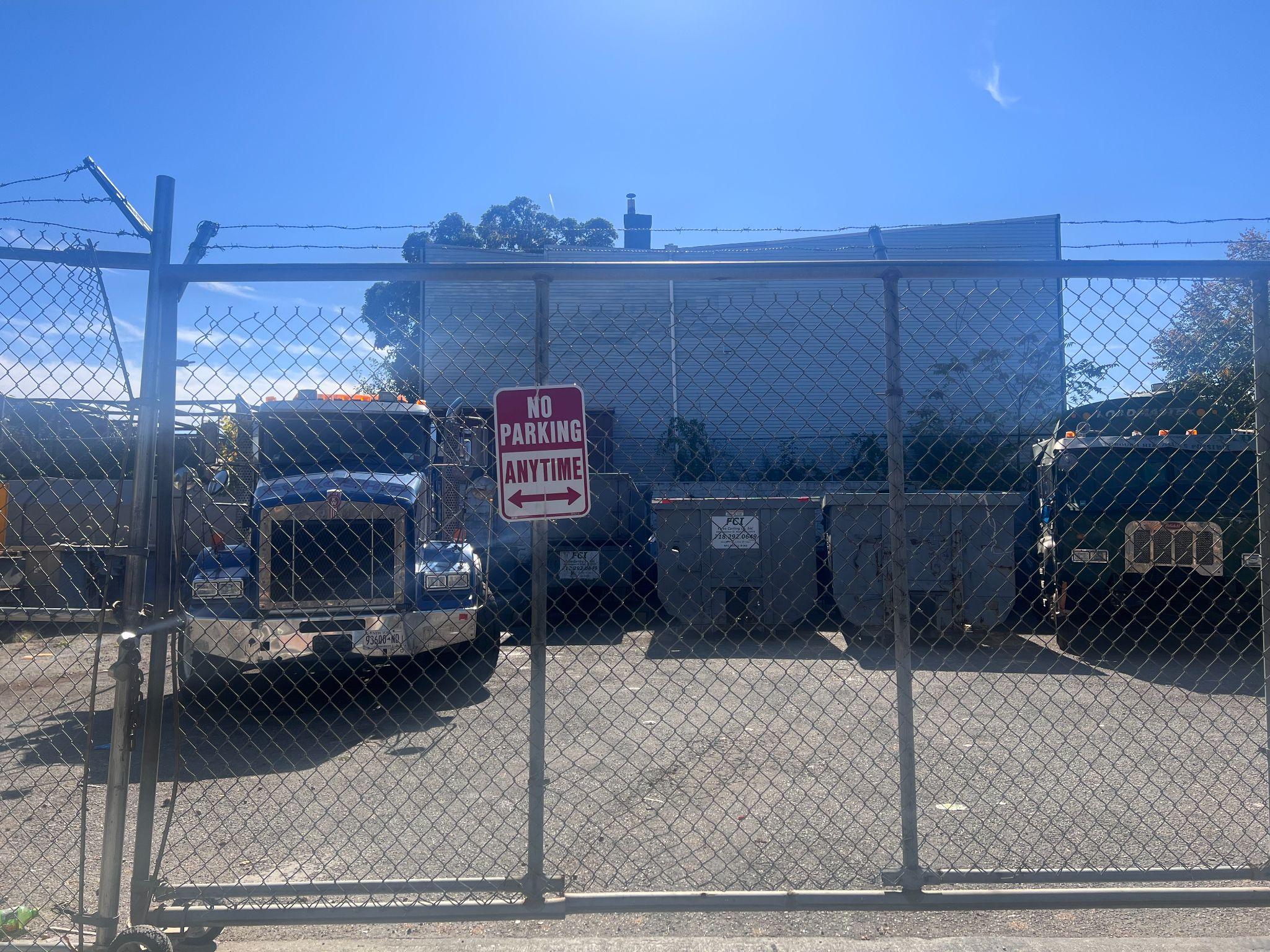A proposal to rezone 438 Concord Ave, which would have allowed Brooklyn-based developers to build a $70 million residential and commercial building, is under review of the City Planning Commission.
At a public hearing during Community Board 1’s September meeting, members and residents expressed concern that the building would not be affordable for current area residents and would change the character of the neighborhood.
“We won’t approve the [proposal] unless we know that [BronxCo LLC] are going to commit to making sure that this rent is affordable to the community and what we deem as affordable,” said Community Board 1 chair Clarisa Alayeto.
Zoning lawyer Richard Lobel presented the rezoning plan to a packed house on Sept. 26 at the La Central YMCA in Melrose on September 26, on behalf of Alejandro Waldman of BronxCo LLC who was in attendance. Waldman also owns four other properties within a block of the Concord Avenue site.
“We are not the typical real estate developer,” said Waldman, who before real estate development worked in private equity for global investment firms. “We are more in the business of building communities.”
BronxCo LLC’s plan would turn a small truck parking lot and the R.O Collision auto body shop between St. Mary’s Park and Southern Boulevard into a 10-story mixed-use building with the first three floors dedicated to commercial and “community” spaces, including possibly, a grocery store, healthcare facility, and MyHub Studios, a coworking and music studio space. There are MyHub Studio spaces in two Waldman buildings in Bushwick that he had described as a symbol of the neighborhood’s “renaissance.”
The remaining floors would house 86 residential units, 26 units of them reserved at rents affordable for a one-person household with an income of $65,220 or a family of three making $83,330 a year. The remaining 60 units would be market rate and unregulated. Community Board members immediately criticized the affordability numbers. The median household income in Mott Haven and Melrose is $32,860, almost half of the eligible income required to rent the affordable units.
“Why Mott Haven and why Mott Haven at a rental minimum that eliminates 40% of [residents] from the property,” board member Ramona Ferreyra asked Waldman during the public hearing, questioning why the developer wanted to build in the neighborhood.
Waldman argued that he wanted to create a building that benefits the community but that was also “realistic,” in its pricing.
The Board voted down the proposal 19 to 5, with three abstentions. Many members urged BronxCo LLC to consider pricing at least four units low enough for a single person earning $32,000 or a couple earning $37,290. Some members had also requested the MyHub studio space be reserved for Bronx artists, not those from other parts of the city.
The plan went in front of the City Planning Commission during the first week in November, where Lobel told the commissioners that his team had begun speaking with affordability consultants but cannot “make any assertions or promises.”
At the September board meeting, members were leery of a new project being planned with rents out of range for most South Bronx residents.
“I find it a little shocking because all these buildings are coming in and pushing out the very people that sustain our areas,” one board member told Waldman.
Many board members were concerned about the effects that this proposal, if approved, would have on residents who do not meet the income requirements and rent prices in Mott Haven.
“We struggle to see families displaced from the community they’ve known for many, many years,” said Paola Martinez, chair of Economic Development, Land Use, Housing & Zoning committee.
Despite Board 1’s criticism of the application, Bronx Borough President Vanessa Gibson recommended approval.
“I would be supportive of the development team adding additional affordable units and lowering the AMI of the units, but I would not want those changes to result in the loss of any additional building amenities that I support, such as the family units and jobs,” Gibson said in her recommendation.
Gibson nor members of the public were present at the Planning Commission’s virtual public hearing but city planners Juton Horstman and Sam Goodman praised the developers plans for considering two-and-three- bedroom units and promises of sustainability and creating green spaces on the property.
The borough president’s role, like the community board’s, is only advisory. The City Planning Commission is the first review board whose decision can affect the proposal’s advancement.
Under the Uniform Land Use Review Process (ULURP), the City Planning Commission has 60 days to issue a recommendation for rejection or approval. In most cases if they disapprove the application it is no longer under consideration, but if it is approved, it proceeds to the City Council and the Office of the Mayor for rejection or approval.
Residents can submit public testimonies to be considered by the City Planning Commission up to a week before the vote.

